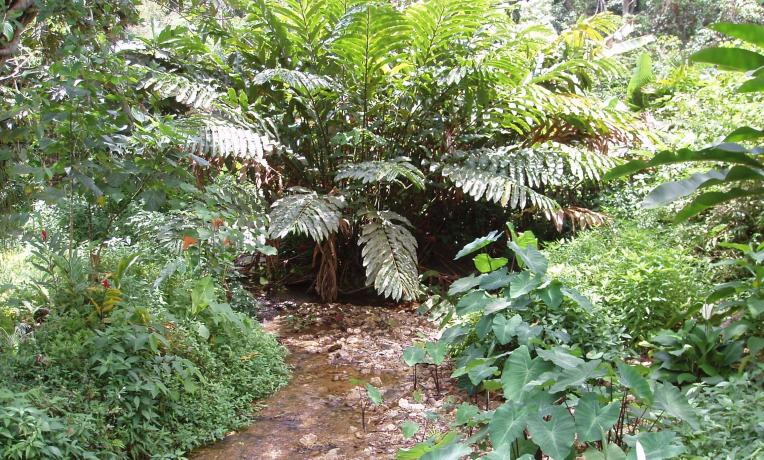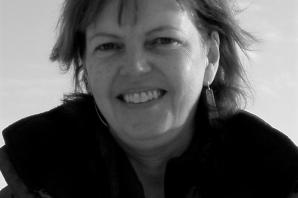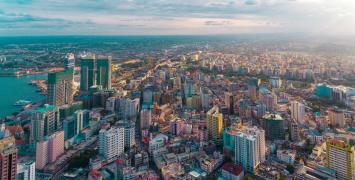Database opens door to understanding biodiversity change
A European biologist has pioneered a new way of looking at biodiversity change, with the help of the European Research Council (ERC). A key result of this work has been the launch of an open-access biodiversity database, which will help researchers and conservation managers find sustainable solutions to protect wildlife.

Anne Magurran, Professor of Biology at the University of St Andrews, UK, is at the forefront of measuring biological diversity. Through the ERC Advanced grant, she was given the opportunity to look at how ecosystems change through time, and to see whether the changes we are currently seeing are faster than scientists have predicted. “Darwin noted that ecosystem communities are not static,” she explains. “The core of our project was to understand how this is happening, and whether the changes we are seeing are elevated above baseline.”
There were two main components of the BioTIME project. The first was the creation of a database to gather information about biodiversity from around world, while the second was focused specifically on fish populations in the rivers of Trinidad. Both components revealed that while the level of biodiversity has remained quite constant, the composition of communities are being rearranged faster than ecological theory would have predicted.
“The wider picture is that lots of ecosystems are changing so that the same species are becoming more widespread,” says Prof. Magurran. “I also saw this in studies of fish communities off the coast of Scotland. A good analogy might be shopping malls around the world, which contain lots of shops but these are increasingly the same brands wherever you are.”
In 2016, Prof. Magurran was awarded an ERC Proof of Concept Grant for the BioCHANGE project to corroborate the ideas established during the original ERC-funded project. This allowed Prof. Magurran and her team to build on the database and to make it open access. “Our idea was to turn this into a resource for anyone in the world, whether they are researchers, students, schools or policy makers,” she says. Researchers can ask how biodiversity change in their part of the world compares with what is seen elsewhere.’
The database also feeds into the Intergovernmental Science-Policy Platform on Biodiversity and Ecosystem Services (IPBES), an independent intergovernmental body established in 2012 to strengthen science-based policy making. The project was recently the focus of a recent episode of The Life Scientific on BBC Radio 4, as well as a new paper in an upcoming edition of the journal Science.
“The great thing about the European Research Council is that it funds ideas, and this database was an idea,” she says. “And because ERC projects are long-term, the research really opens doors to the future. For example, the three post-doc researchers involved in BioTIME have all now got full-time faculty positions. This means that we now have more qualified scientists working on quantifying biodiversity change.”
In the context of growing societal awareness of the importance of ecological sustainability and wildlife conservation, Prof. Magurran hopes that the database and the research it enables will help the issue of biodiversity change further penetrate the public consciousness. “The challenge is explaining a complex issue in a way that resonates with policy makers who don’t have much time,” she says. “And if you read reports on biodiversity, it is often all doom and gloom. But if we can get across the message that, yes, we are under a huge amount of pressure, but there is still time to make changes that will help secure the future of life on planet – then that is an important message to get across. I really hope that BioTIME will help support this important goal.”
Biography
Anne Magurran is Professor at the School of Biology at the University of St Andrews. Her research interests focus on biological diversity – its measurement, evolution, maintenance and conservation. Ever since her PhD on Irish woodlands at the University of Ulster she has been interested in how to measure biological diversity as shown by her most recent book on the topic “Biological Diversity: Frontiers in Measurement and Assessment”.






